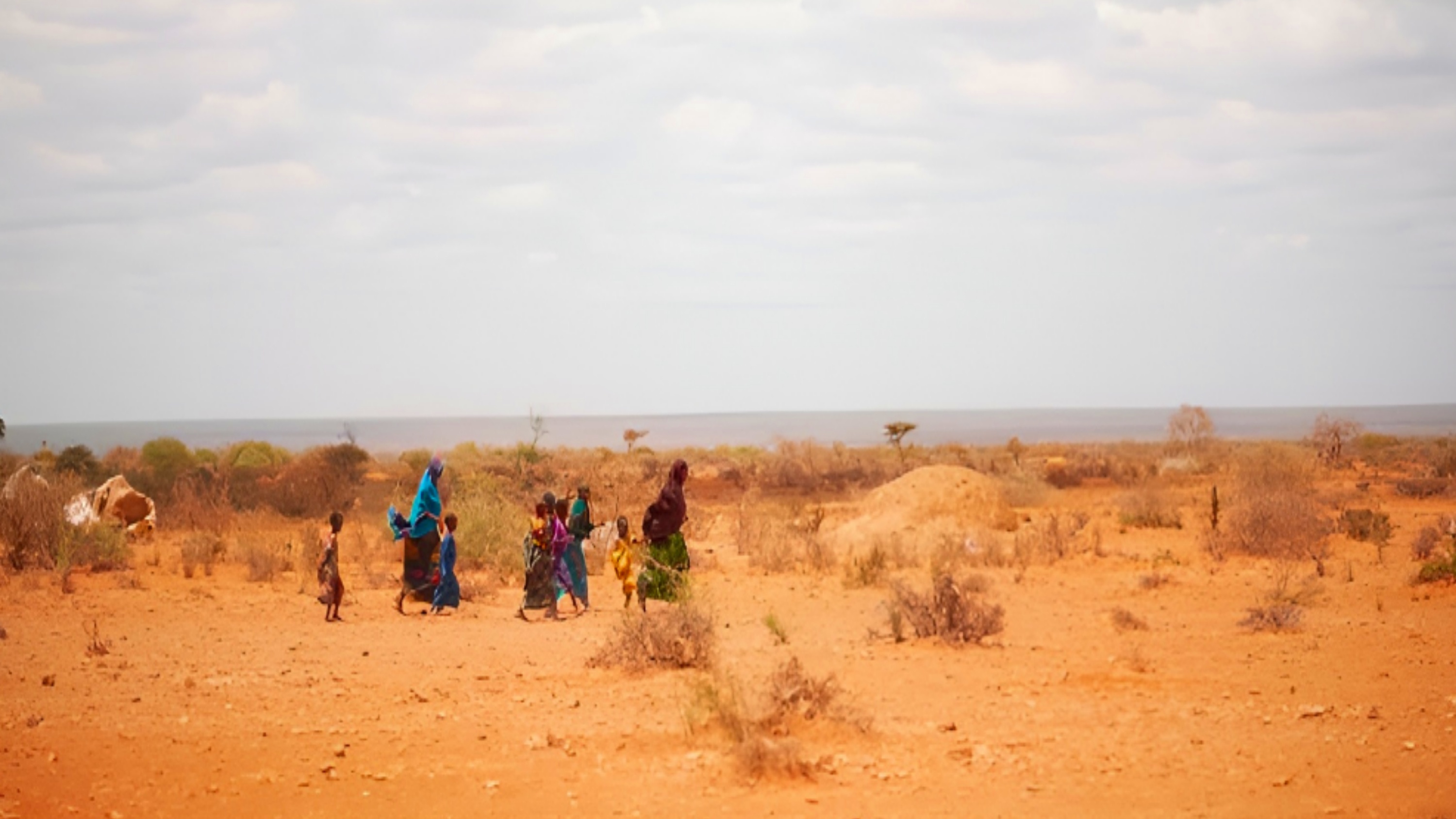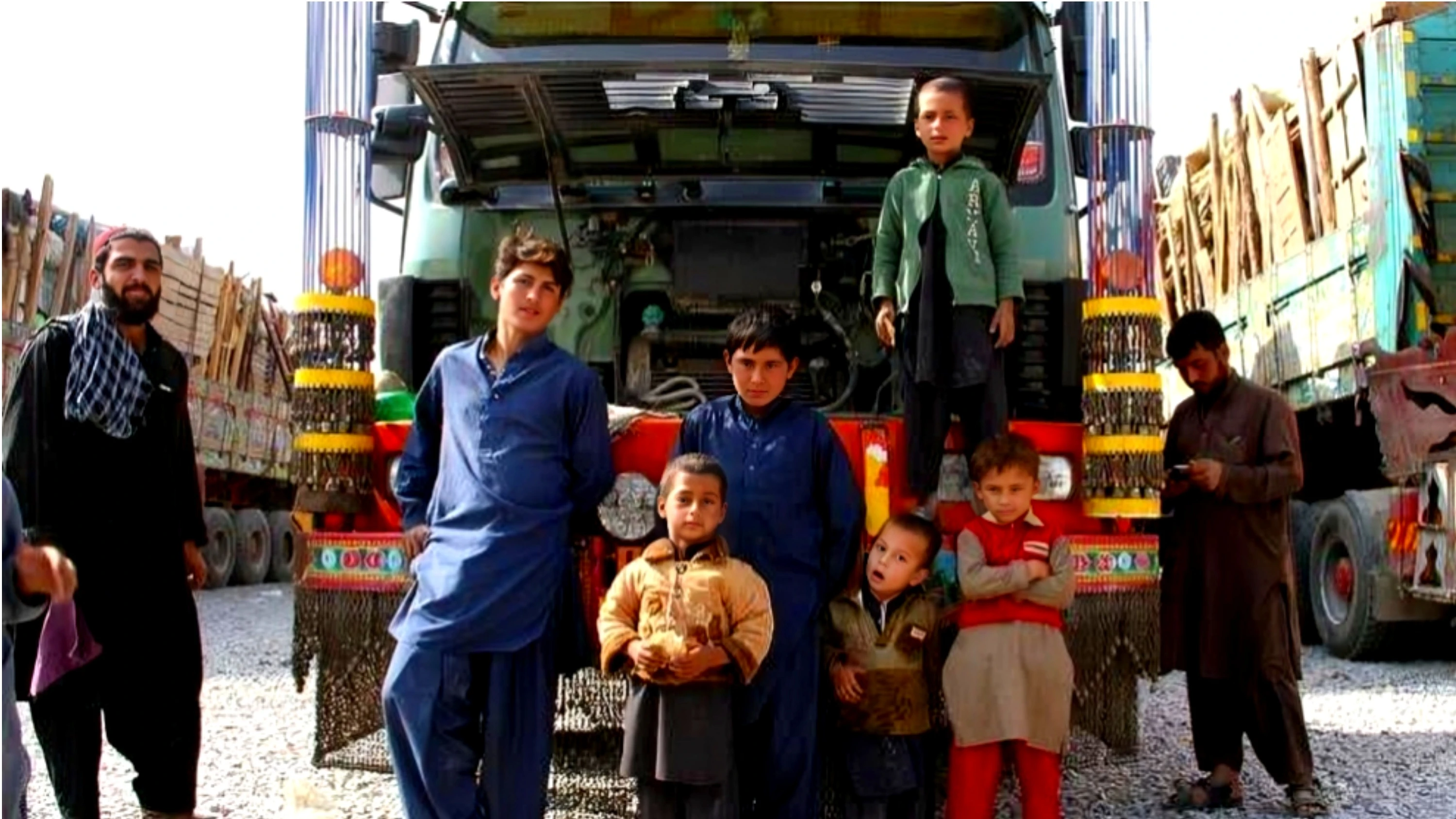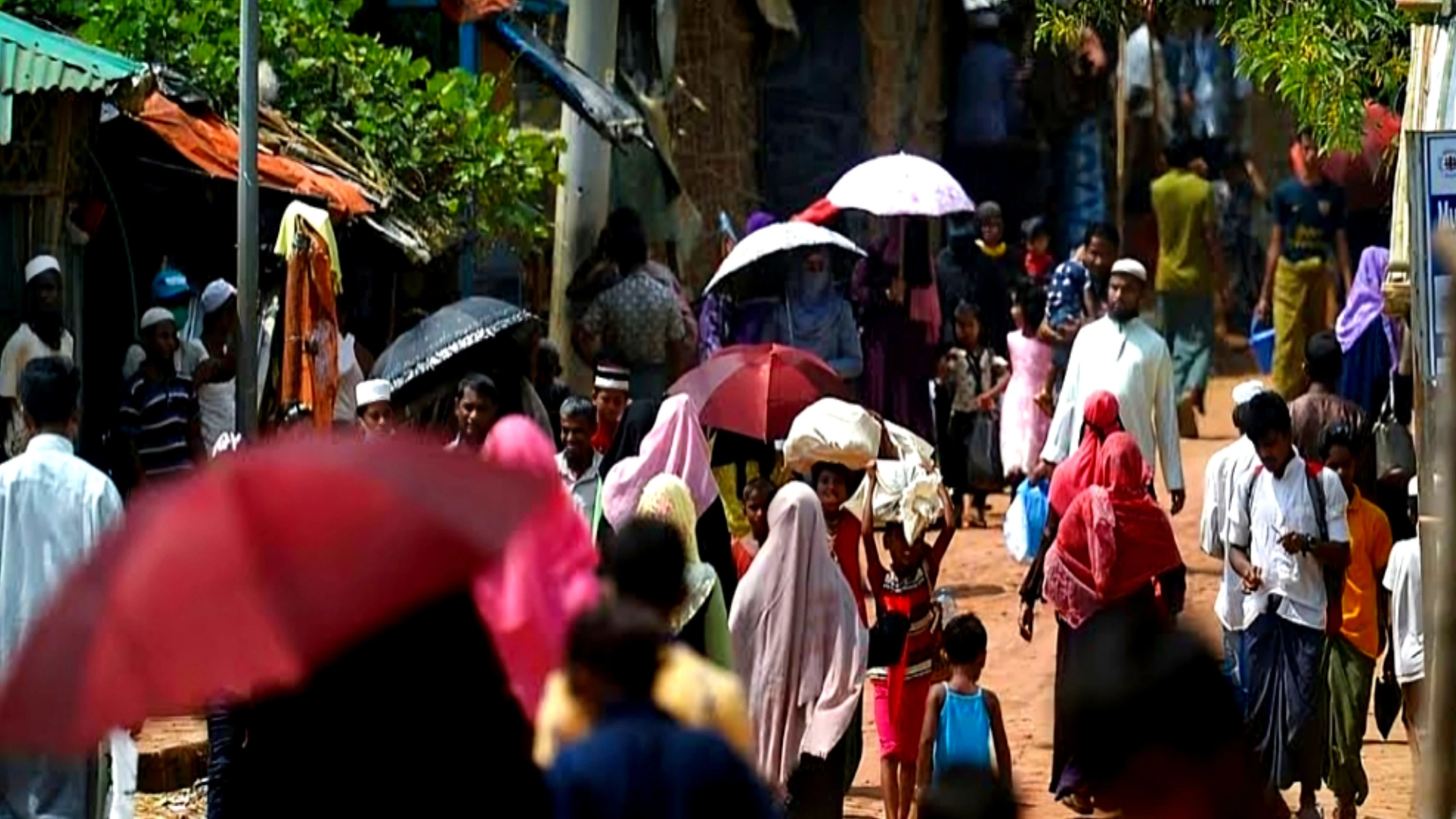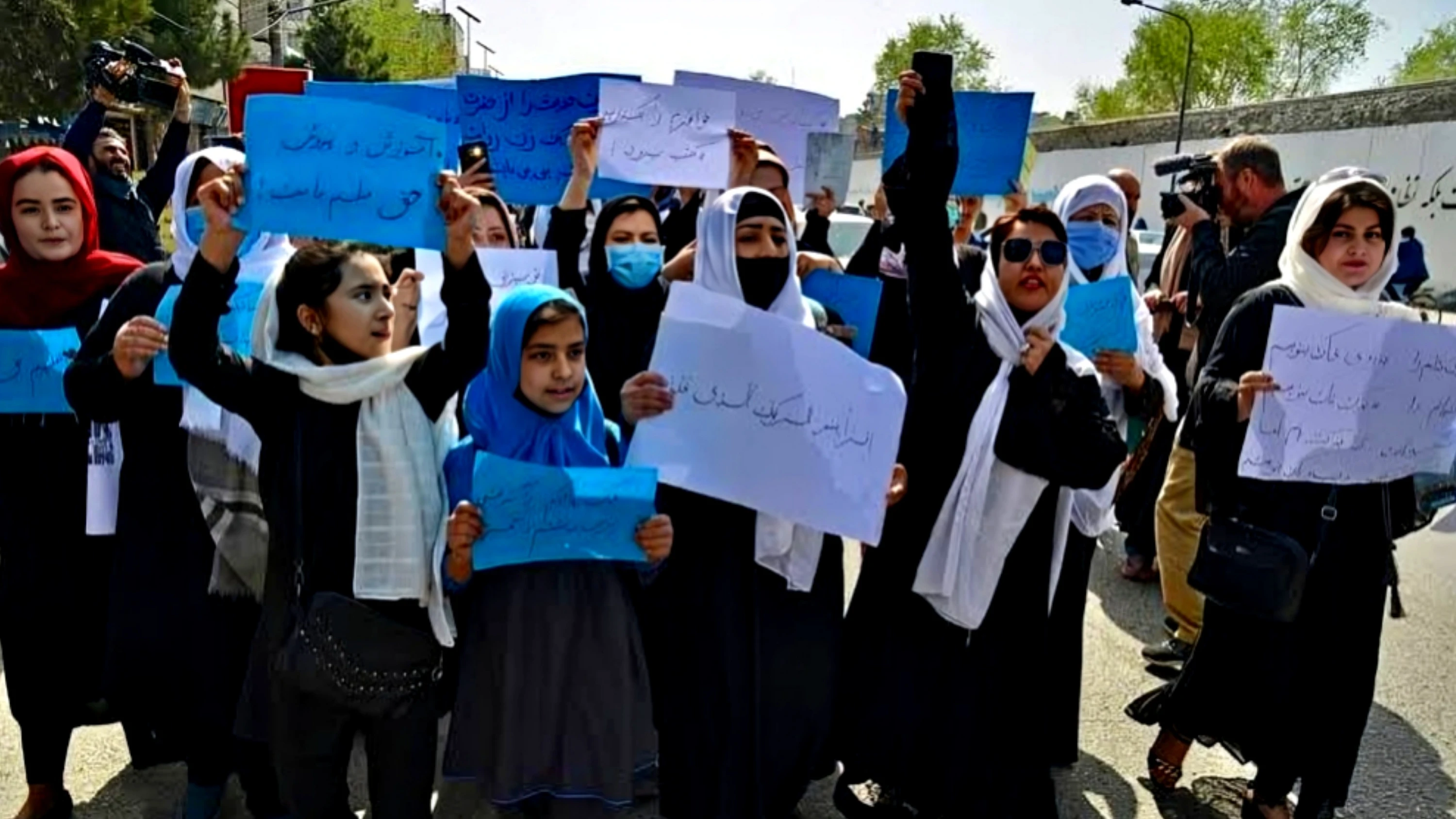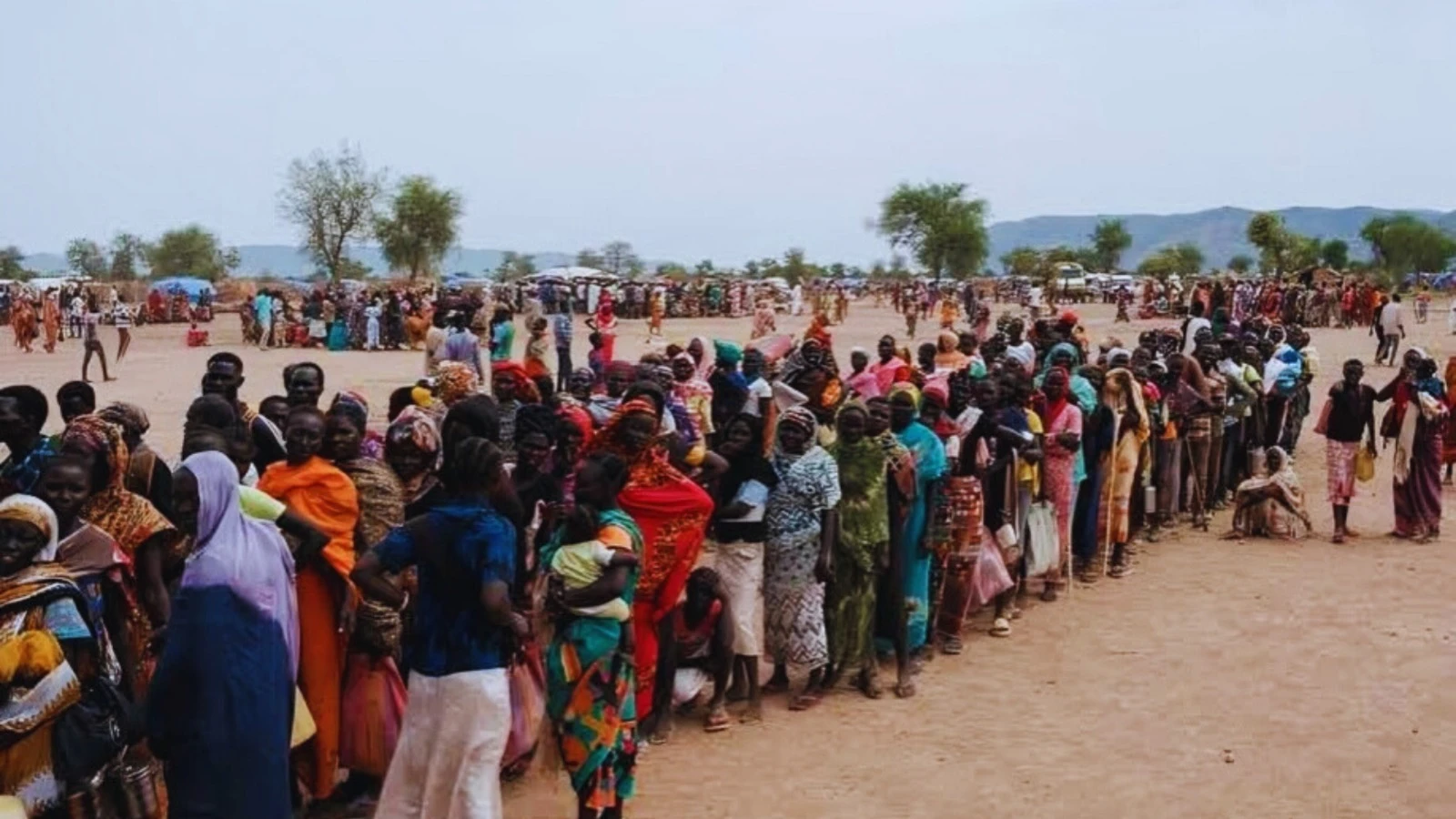Mogadishu: A devastating drought that has gripped parts of Somalia since 2022 has claimed at least 71,000 lives beyond expected mortality rates, according to a new study. The findings highlight the harsh toll of five consecutive failed rainy seasons, leaving the nation teetering on the brink of famine.
Commissioned by UNICEF, the World Health Organization (WHO), and Somalia’s Ministry of Health, the study reveals that children under five accounted for 40% of the deaths. Conducted by the London School of Hygiene and Tropical Medicine, Imperial College London, and SIMAD University, the research covered January 2022 to June 2024.
“During the drought and after, the people experienced a significant 'drought-related excess' in different cases,” said Dr. Najib Isse Dirie, deputy director for research at SIMAD University. “Living in overcrowded camps, loss of livelihoods, and lack of rainfall severely impacted crop yields, making communities vulnerable.”
At the report’s launch in Mogadishu, Dr. Renee van De Weerdt Renhilde, WHO’s representative to Somalia, called the findings an urgent wake-up call.
“This study underscores the severe impact of the 2022–2024 drought on Somali lives. It reminds us of the critical need for continued support and resilience-building efforts,” she said.
Somalia’s Health Minister, Dr. Ali Hadji Adam Abubakar, outlined the government’s priorities in responding to future crises, including strengthening health systems and focusing on vulnerable groups such as children and women.
The U.N. has issued a $1.43 billion appeal, warning that six million Somalis will need humanitarian aid in 2025. In a statement, the U.N. Office for the Coordination of Humanitarian Affairs (OCHA) described Somalia’s crisis as “complex and protracted,” worsened by conflict, disease outbreaks, and climate shocks like droughts and floods.
The current drought is reminiscent of Somalia’s 2011 famine, which claimed over 250,000 lives. As the nation grapples with ongoing challenges, experts and officials emphasize the need for immediate intervention and long-term solutions to build resilience and prevent future catastrophes.


